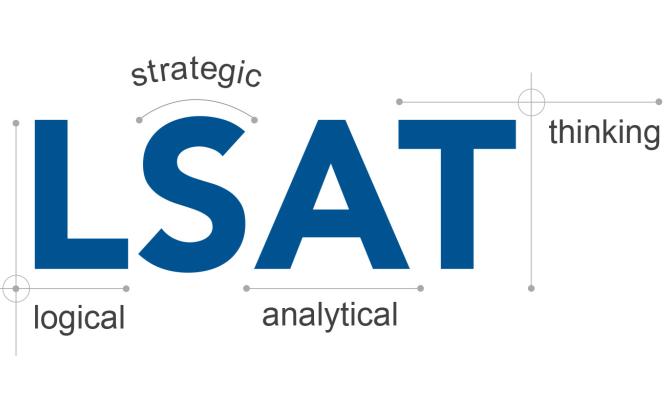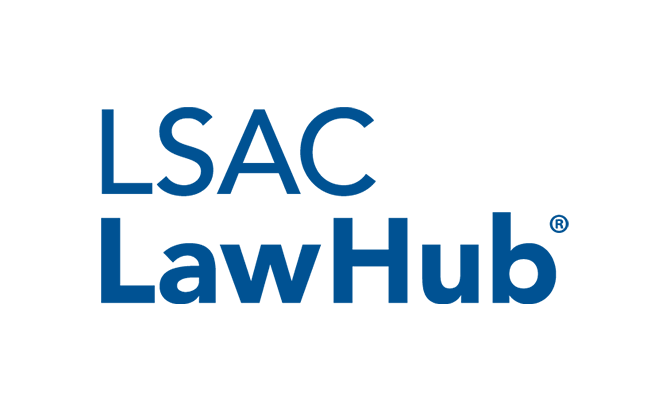May 1, 2023
This weekly blog series provides information on all you need to know about the LSAT, including upcoming deadlines, how to prepare for the test, how to avoid having your session flagged, and more.
This weekly blog series provides information on all you need to know about the LSAT, including upcoming deadlines, how to prepare for the test, how to avoid having your session flagged, and more.






